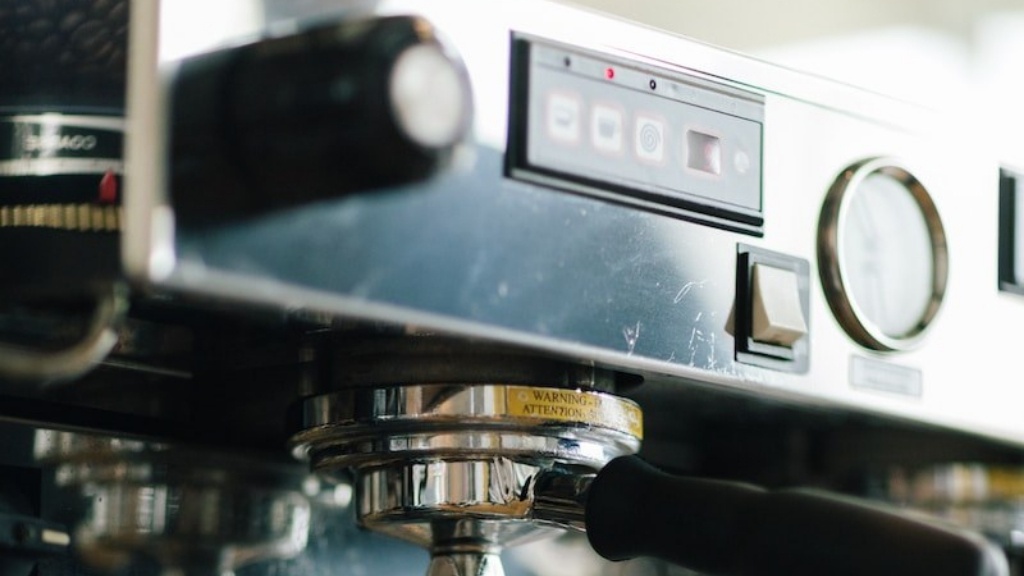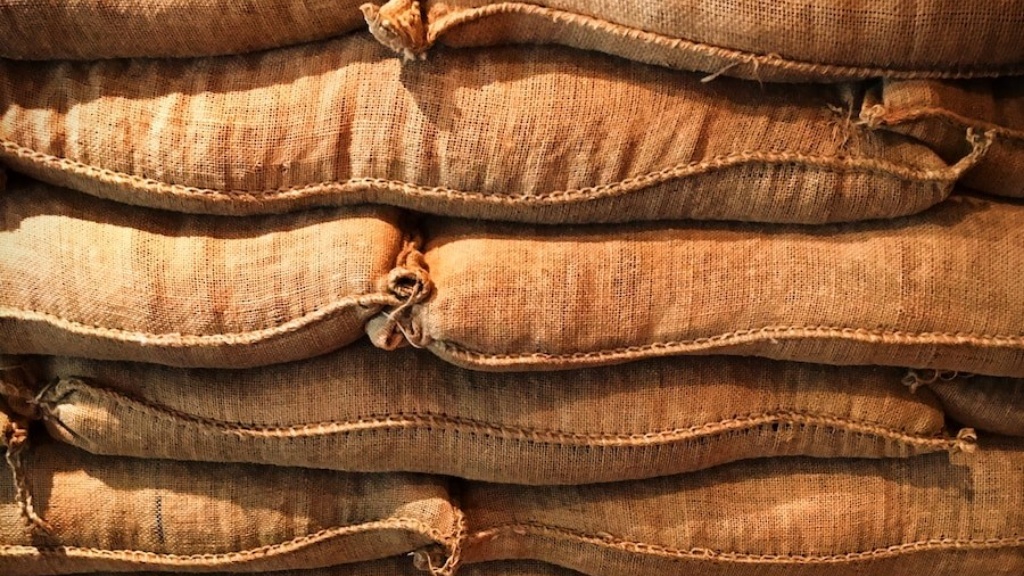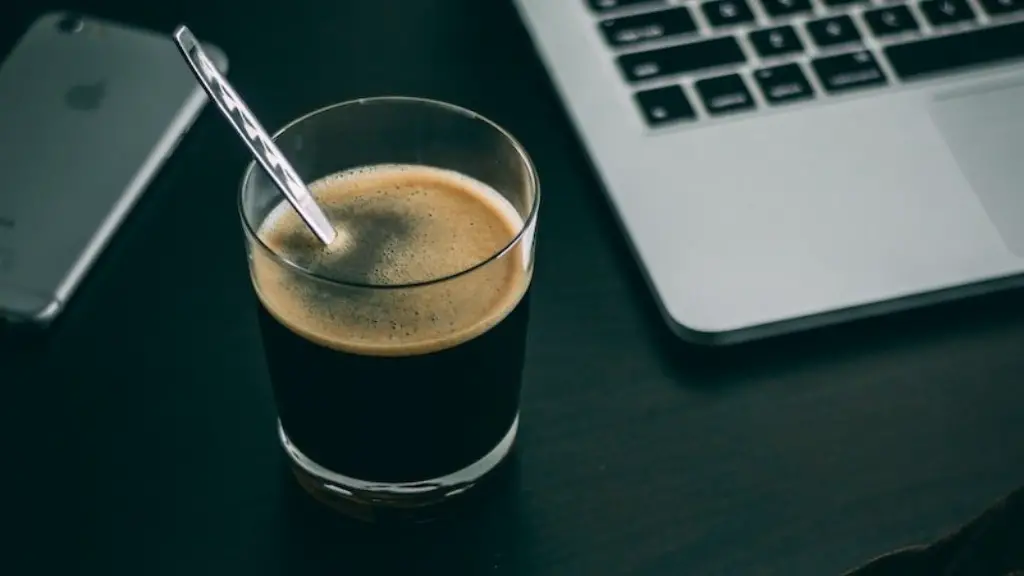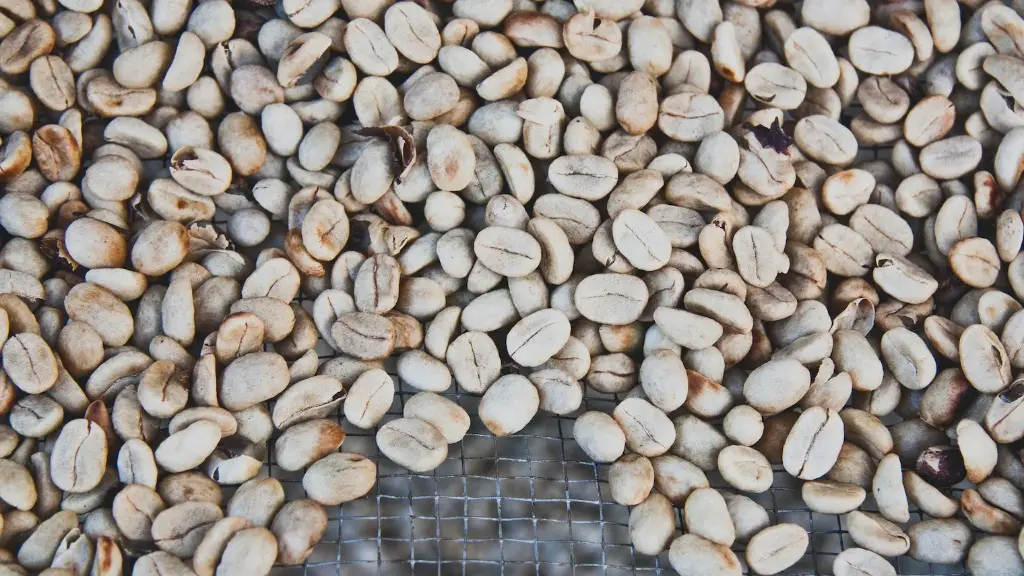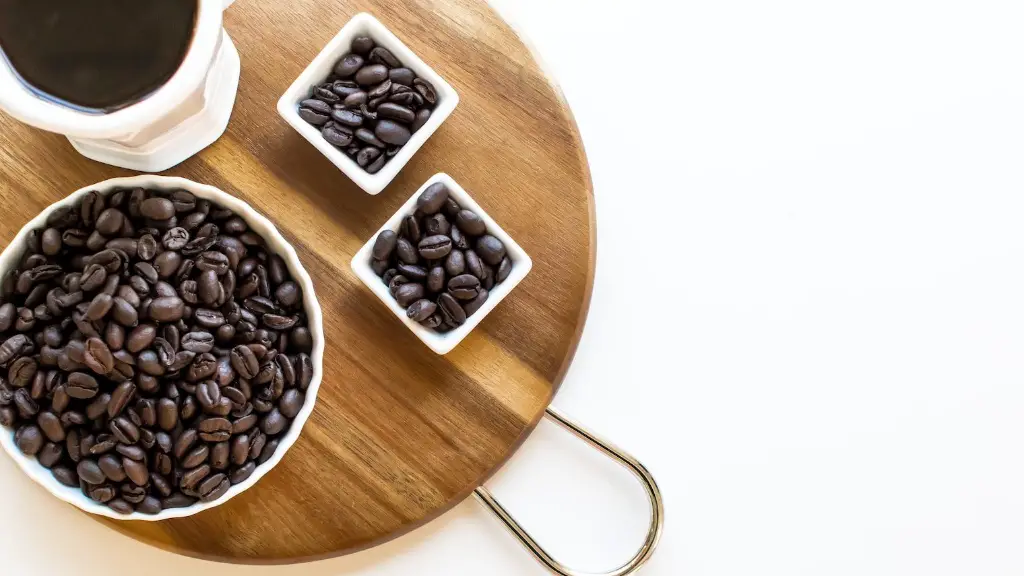When it comes to deciding whether or not to drink coffee while on a juice cleanse, there is no definitive answer. Everyone’s individual needs and preferences are different and should be respected. Factors for consideration include the detoxification goals of the cleanse, the individual’s caffeine tolerance, and the health benefits of the specific type of coffee. According to nutritionist Cindy Kunkel, “The best advice is to be mindful of your choices and plan accordingly”.
The primary reason people engage in juice cleansing is to give organs like the liver and colon a break, allowing them to rest, repair and cleanse themselves. The question then becomes if introducing coffee, a diuretic, into the mix interferes with the detoxification process. While studies come to conflicting conclusions, given the amount of caffeine in a single cup of coffee, it’s important to note that allowing your body to rest and heal should be a priority during a cleanse.
If you decide to consume coffee during a juice cleanse, then it’s important to be mindful of the type of coffee being consumed. For example, organic, fair-trade dark roast coffee is loaded with antioxidants, minerals, and is generally easier on the digestive system than light roasts. According to naturopathic doctor Tracy Overnes, “When selecting coffee, opt for organic, fair-trade and avoid flavored coffees as those usually contain artificial flavoring.”
It’s also important to consider the amount and frequency of coffee consumption. Coffee can raise cortisol levels, which can easily trigger stress hormones, and should be regulated when possible. Some general guidelines are, 1 to 2 cups per day and no more than 500mg of caffeine per day. Additionally, if your cleanse goals include weight-loss, then avoiding sweetened, flavored coffees is an important part of keeping the calories low.
The primary concern in drinking coffee during a juice cleanse is disrupting the body’s detoxification process. Therefore, if sleep deprivation and high stress levels are not concerns, and coffee can be tolerated responsibly, then it’s likely that introducing coffee into a juice cleanse isn’t a problem. That being said, coffee should not be the primary source of nutrition, and should be limited to just a few cups per day.
Benefits of Coffee
Despite the fact that coffee is a diuretic and can have a dehydrating effect on the body, there are some potential benefits to introducing coffee during a juice cleanse. According to naturopathic doctor Eric Bakker, “Coffee contains a unique set of biologically active compounds, which could potentially increase alertness and energy levels, while improving the effectiveness of the cleanse”. The two most powerful caffeine compounds are theobromine and chlorogenic acid. Theobromine is an energy boosting-stimulant, while chlorogenic acid is an antioxidant that can potentially lower blood pressure, boost metabolism and help with weight management.
In addition to the naturally occurring stimulants and antioxidants, coffee’s effects may be enhanced when consumed in conjunction with a juice cleanse. A recent study published in the International Journal of Medicine found that the combination of coffee and a juice cleanse resulted in an increase in energy and heightened alertness for participants.
Juice cleansing is designed to give the body much needed rest and repair from the over-indulgence and intentional or unintentional neglect of the body. If introducing coffee does not hurt the healing process, then it might be worth considering adding the beverage for its potential energizing effects during the cleanse.
Coffee Tolerance
Consuming coffee while on a juice cleanse can be problematic for certain individuals, as some people may be more sensitive to the effects of caffeine than others. According to clinical nutritionist Inderjit Kaur, “People with higher caffeine tolerance will typically handle the combination of a juice cleanse and coffee better than those with lower tolerance”.
For some, even a small amount of caffeine can cause an increase in heart rate, restlessness and energy, while others may experience no increase in energy at all. Overnes states, “It’s important to be mindful of any changes in mood or outlook and to experiment with different doses and types of coffees to see what works best with the juice cleanse.”
Although the combination of coffee and juice cleansing may be beneficial for some, for those who are more sensitive to the effects of caffeine, there are plenty of other beverage options. Some of these alternatives include herbal teas, yerba mate, rooibos, or dandelion root tea. These warm beverages are typically caffeine-free and contain a variety of phytonutrients that can potentially provide a range of health benefits.
Side Effects
When it comes to consuming coffee during a juice cleanse, it’s important to consider the potential effects on the body. While the potential benefits are numerous, there are a few potential side effects to consider as well.
The diuretic effect of caffeine can affect the body’s ability to sustain hydration levels, so it’s important to stay hydrated throughout the day and supplement with nutritious fluids. Additionally, the stimulants in coffee may cause the heartbeat to accelerate and lead to restlessness, insomnia and anxiety. Kunkel states, “If drinking coffee during a juice cleanse is causing restlessness and you’re seeing changes in your energy levels and mood, then I would recommend reducing your intake or switching to decaffeinated coffee.”
Caffeine may also decrease appetite and cause feelings of lethargy and fatigue when calories are low. Bakker cautions, “When trying to maintain a healthy balance between energy and hydration levels, be mindful that coffee can be dehydrating. When restricting food during a cleanse, coffee should be enjoyed in small amounts and not be a primary source of nourishment.”
Research and Considerations
Although the potential benefits of coffee consumption during a juice cleanse are promising, research is still inconclusive. In the end, when considering drinking coffee while on a juice cleanse, it’s important to factor in your individual needs and preferences, as well as any potential health concerns.
If you decide to consume coffee during a juice cleanse, opt for organic and fair-trade, and avoid flavored varieties, as they may contain artificial sugars and additives. Additionally, caffeine sensitivity should be taken into account, as well as the effect of any additional stimulants.
Juice cleansing is designed to give the body much needed rest, repair and relief from the stress of day to day life. Introducing coffee should not interfere with the detoxification process, and should only be enjoyed in moderation. If coffee is consumed responsibly, then it can be an effective tool in aiding the body’s healing process.
Consult with a Healthcare Provider
It’s always recommended to speak with a healthcare provider before beginning any type of dietary or lifestyle changes to be sure that they are safe and healthful. Kunkel states, “It’s important to consult a healthcare provider or nutritionist to understand your individual needs and health concerns. Everyone is unique and both short- and long-term goals should be taken into consideration.”
Health professionals can provide guidance on the most suitable type of cleanse for the individual, as well as considerations for the most beneficial methods of consumption. Additionally, general health testing may be recommended depending on the individual’s health goals and objectives.
It’s important to be informed and make thoughtful, mindful decisions when engaging with any type of regimens or rituals. This is especially true with intense processes like juice cleanses, as the body needs to have time to heal and recover. Once the individual’s health needs and goals are determined, experienced health professionals can help guide their decisions and practices.
Conclusion
In the end, when deciding whether or not to drink coffee during a juice cleanse, each individual’s preferences, health goals and needs must be taken into consideration. If drinking coffee to aid the cleansing process, it should be done responsibly, in moderation and in consideration of any issues related to hydration and energy levels. If you decide to consume coffee while on a juice cleanse, then opt for organic, fair-trade and avoid flavored coffees as those usually contain artificial flavoring.
